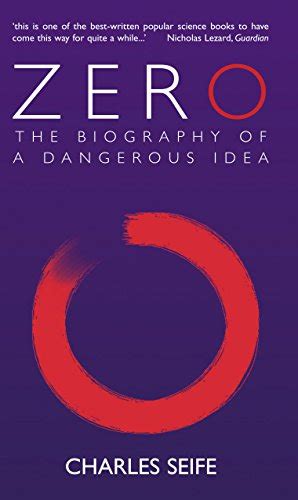A Quote by Douglas Adams
It is known that there are an infinite number of worlds, simply because there is an infinite amount of space for them to be in. However, not every one of them is inhabited. Therefore, there must be a finite number of inhabited worlds. Any finite number divided by infinity is as near to nothing as makes no odds, so the average population of all the planets in the Universe can be said to be zero. From this it follows that the population of the whole Universe is also zero, and that any people you may meet from time to time are merely the products of a deranged imagination.
Quote Topics
Related Quotes
Far be it from us to doubt that all number is known to Him 'Whose understanding is infinite' (Ps. 147:5). The infinity of number, though there be no numbering of infinite numbers, is yet not incomprehensible by Him Whose understanding is infinite. And thus, if everything which is comprehended is defined or made finite by the comprehension of him who knows it, then all infinity is in some ineffable way made finite to God, for it is comprehensible by His knowledge.
We know that there is an infinite, and we know not its nature. As we know it to be false that numbers are finite, it is therefore true that there is a numerical infinity. But we know not of what kind; it is untrue that it is even, untrue that it is odd; for the addition of a unit does not change its nature; yet it is a number, and every number is odd or even (this certainly holds of every finite number). Thus we may quite well know that there is a God without knowing what He is.
It is going to be necessary that everything that happens in a finite volume of space and time would have to be analyzable with a finite number of logical operations. The present theory of physics is not that way, apparently. It allows space to go down into infinitesimal distances, wavelengths to get infinitely great, terms to be summed in infinite order, and so forth; and therefore, if this proposition [that physics is computer-simulatable] is right, physical law is wrong.
Without doubt, matter is unlimited in extent, and, in this sense, infinite; and the forces of Nature mould it into an innumerable number of worlds. Would it be at all astonishing if, from the universal dice-box, out of an innumberable number of throws, there should be thrown out one world infinitely perfect? Nay, does not the calculus of probabilities prove to us that one such world out of an infinite number, must be produced of necessity?
Zero is powerful because it is infinity’s twin. They are equal and opposite, yin and
yang. They are equally paradoxical and troubling. The biggest questions in science
and religion are about nothingness and eternity, the void and the infinite, zero and
infinity. The clashes over zero were the battles that shook the foundations of philosophy,
of science, of mathematics, and of religion. Underneath every revolution lay a
zero – and an infinity.
Moreover, the universe as a whole is infinite, for whatever is limited has an outermost edge to limit it, and such an edge is defined by something beyond. Since the universe has no edge, it has no limit; and since it lacks a limit, it is infinite and unbounded. Moreover, the universe is infinite both in the number of its atoms and in the extent of its void.
IT is reported of Margaret Fuller that she said she accepted the universe. "Gad, she'd better!" retorted Carlyle. Carlyle himself did not accept the universe in a very whole-hearted manner. Looking up at the midnight stars, he exclaimed: "A sad spectacle! If they be inhabited, what a scope for misery and folly; if they be not inhabited, what a waste of space!"




































